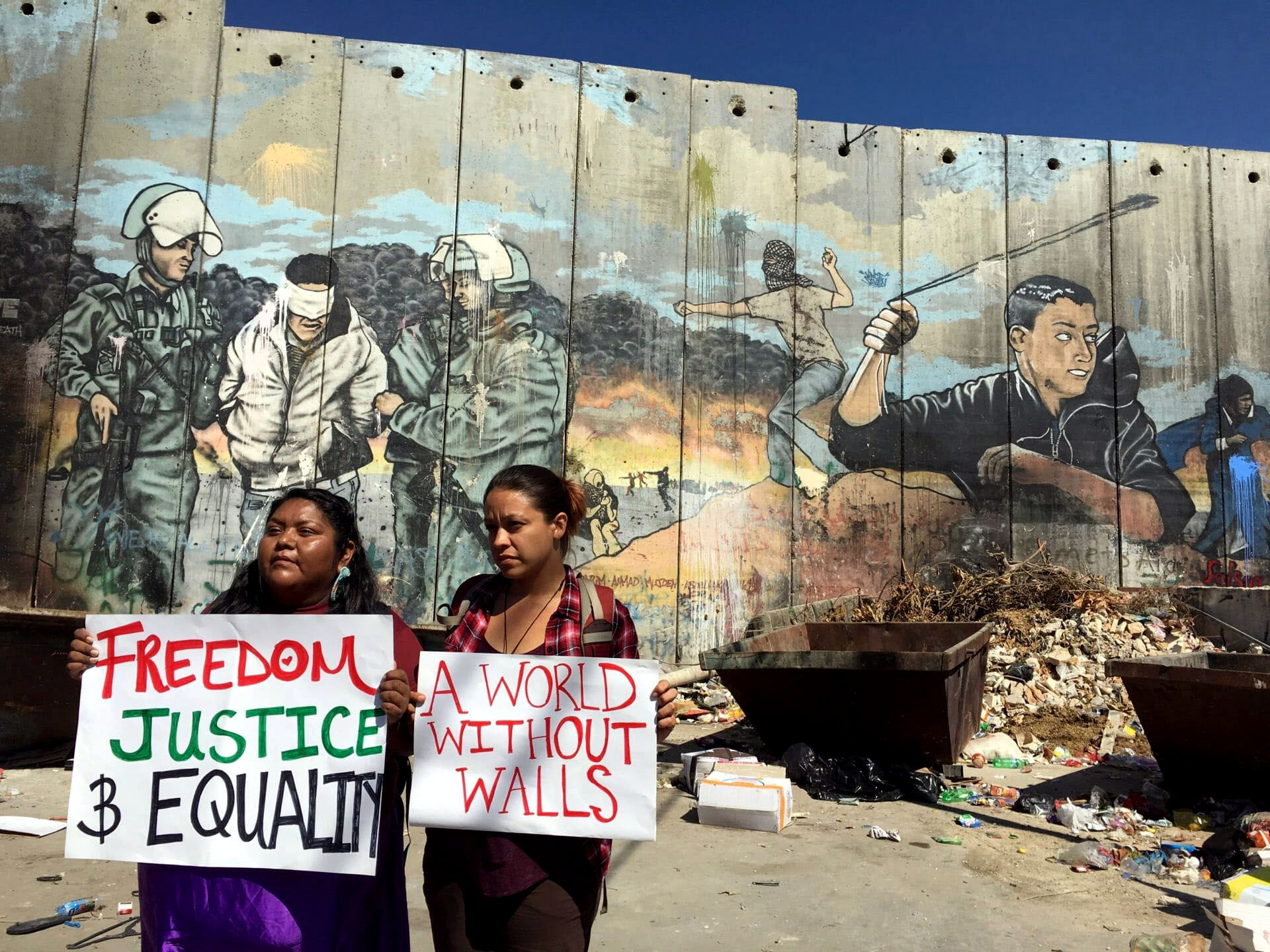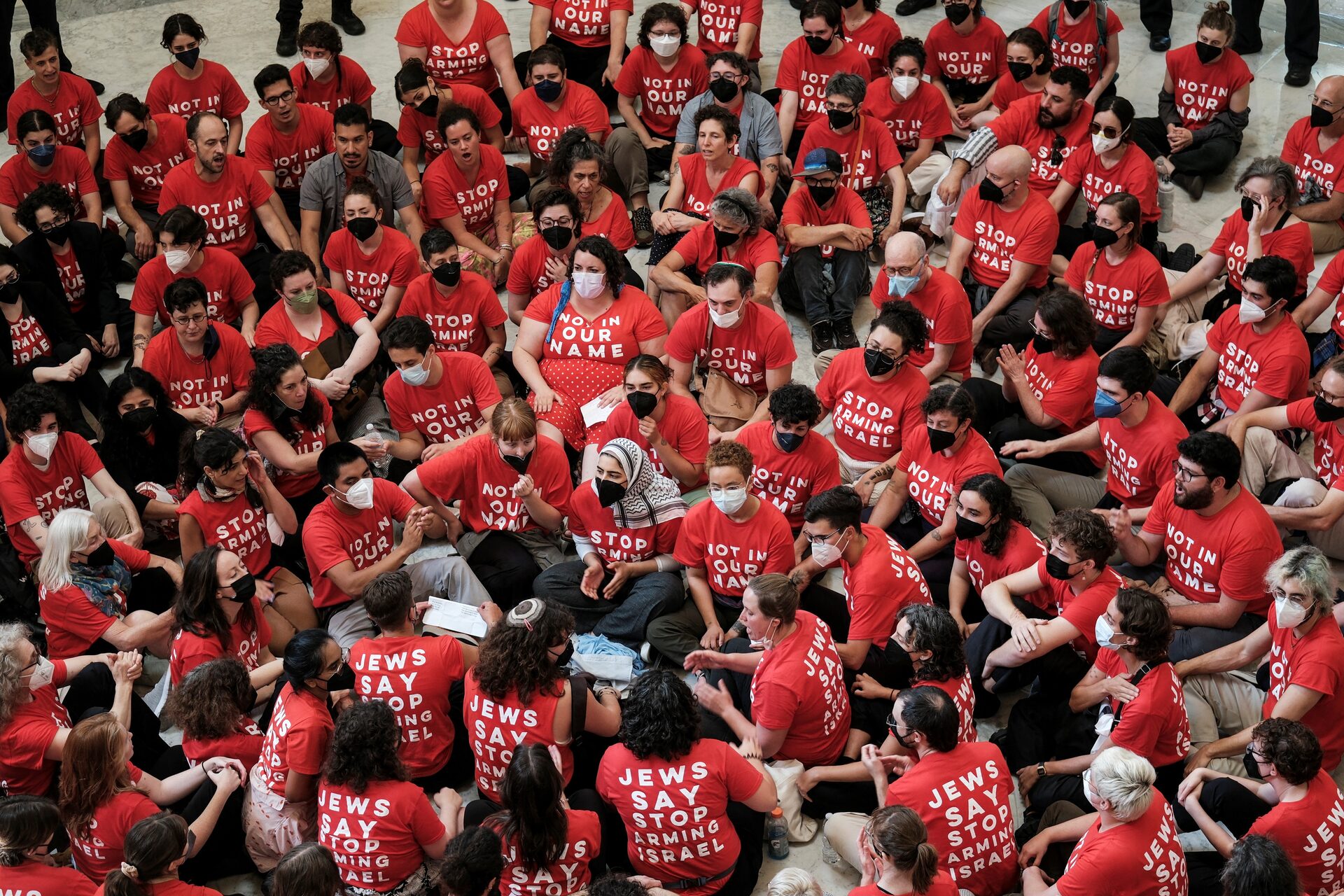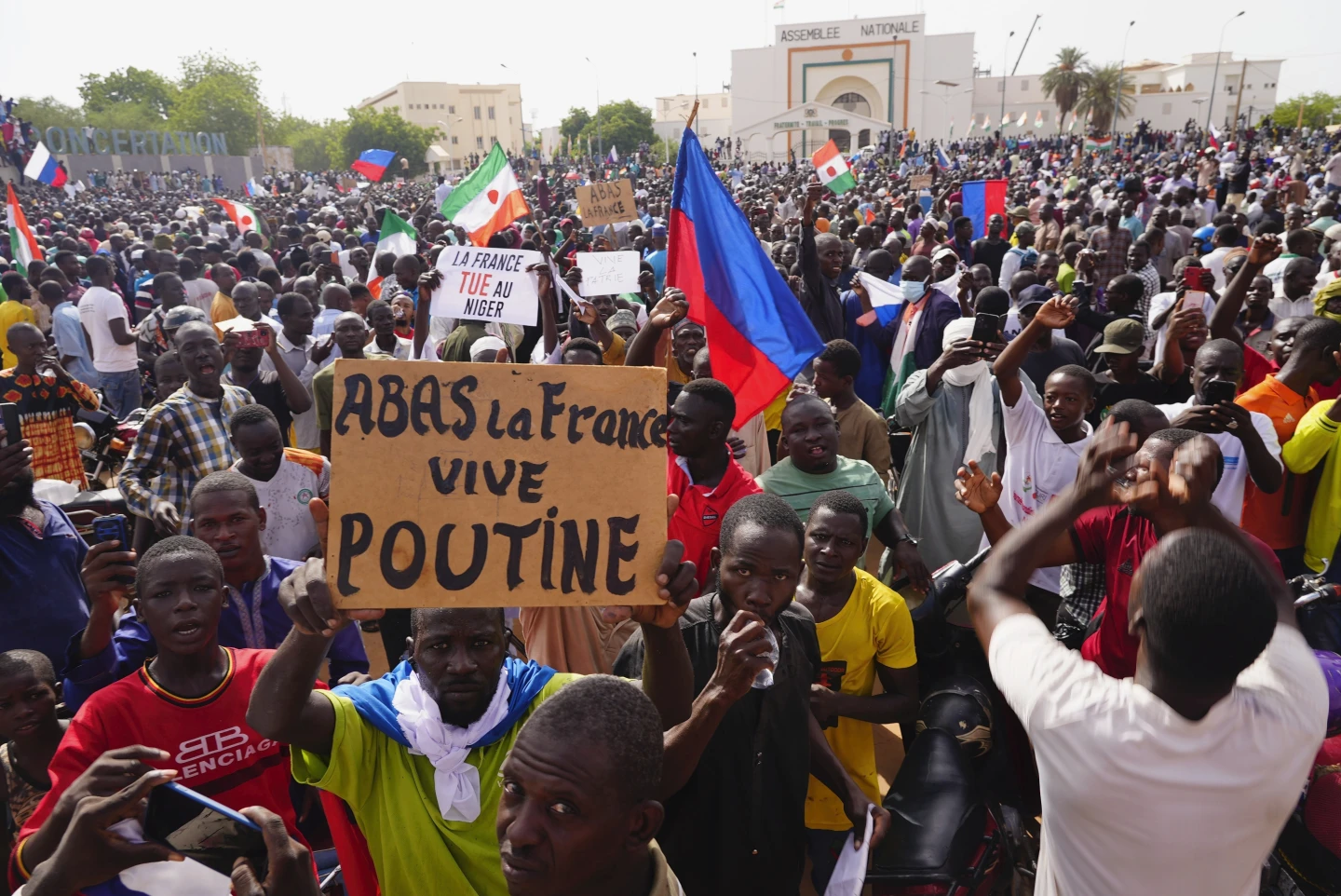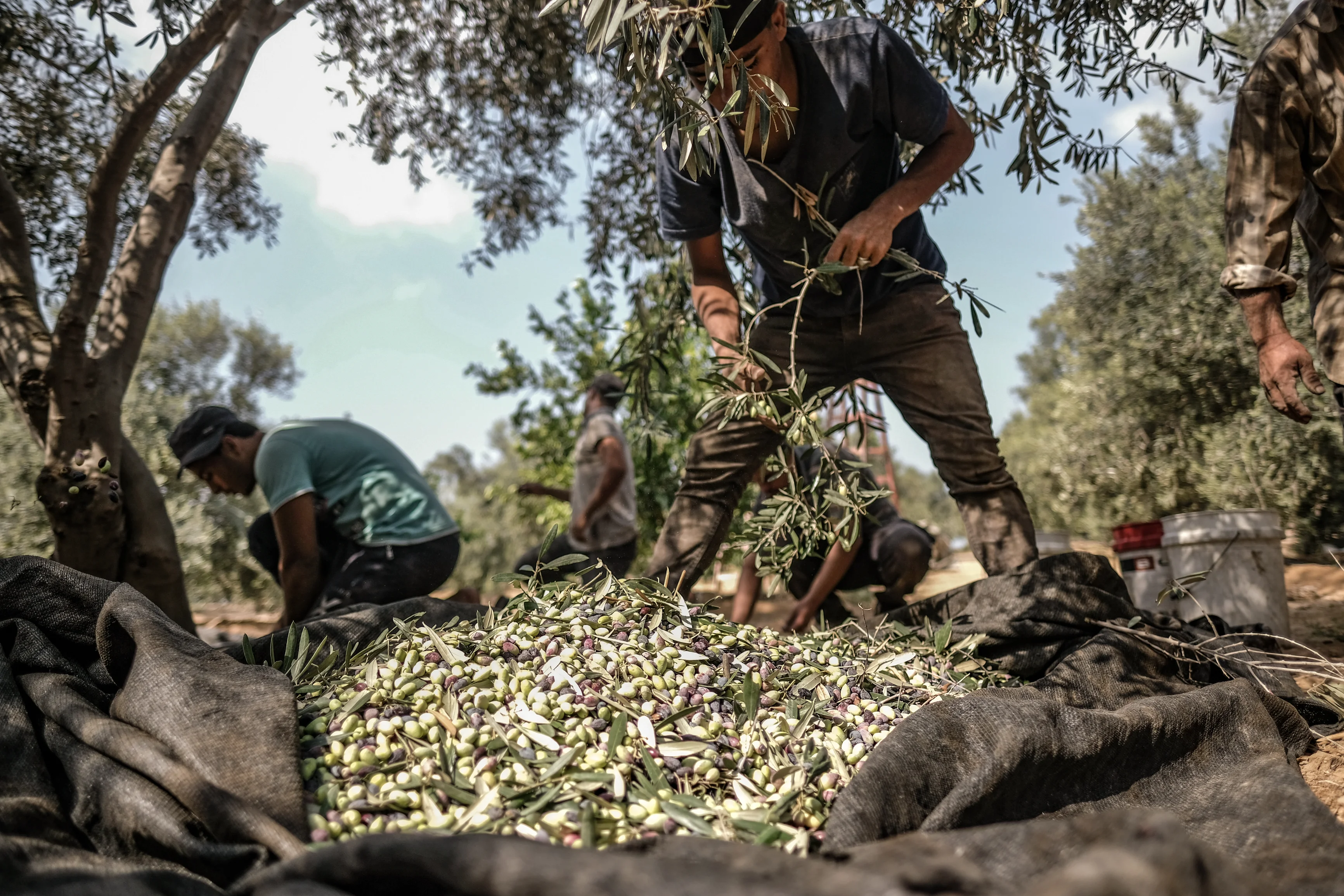Harvard Reorientation
Congratulations on becoming an official Harvard undergraduate! While you do learn a few things at Convocation, the University won’t reveal how power really works around here. Here’s our attempt to reorient you.
President Alan Garber
Alan Garber, the evasive new president of Harvard University, is a “public figure” in name only. Relish today as one of the only times he shows his face on campus. When he’s not hiding behind a facade of “institutional neutrality,” he may surface at your iftar at Ramadan to tell you that divesting from the Israeli slaughter of more than 40,000 Palestinians “lacks moral clarity.” You’ll see his reputation on campus in the thousands of Harvard graduates who walked out of his Commencement speech this May, or the hundreds of faculty who threatened a “rebellion” over his decision to prevent 13 pro-Palestine seniors from graduating.
Dean Rakesh Khurana
Dean Khurana spends his days on the Khuranagram, posting selfies or photo ops with smiling undergraduates. Sometimes perceived as a cheery figure in an otherwise apathetic institution, Khurana, in reality, functions as a middleman who “hears” but never acts on student concerns. When students have asked him about Harvard’s complicity in Israel’s genocidal military campaign, he’s hit back with his favorite catchphrase: “I’m sorry, but my hands are tied.” Dean Khurana is the first to extol the virtues of “dialogue” — but when he refuses to utter the word “Palestine,” throws a tantrum over student protestors’ suspensions being reversed, or ignores the rape and death threats sent to leaders of the Palestinian Solidarity Committee, he unveils what he really is: weaponized incompetence embodied. It’ll be a pleasure to see him go.
Civil Discourse
A term administrators employ to silence pro-Palestinian speech. If only protestors were speaking politely instead of protesting! But Harvard has made no attempt to hold “civil discourse” in “good faith” with students questioning its investments in a genocidal state. Instead, it places pro-Palestinian organizers on probation and suspension. The “conversations” that administrators offer are a pacifier, intended to stall for time and prevent further protests. By introducing more and more restrictions on free speech — this year, you could be disciplined for writing on the ground with chalk — Harvard creates a culture of fear around discussing Palestine.
Community
Last year, the University described the following things as a “significant risk to the educational environment of the University”: a Palestinian flag on campus; the testimony of Palestinian students who have lost loved ones in Gaza; the reading aloud of the names of 14,000 martyred children; the demands of University faculty not to withhold students’ degrees for peacefully protesting; the presence of any tent; the public display of information about Harvard’s investments in weapons technology; the existence of students who refuse to quietly attend an institution complicit in genocide.




